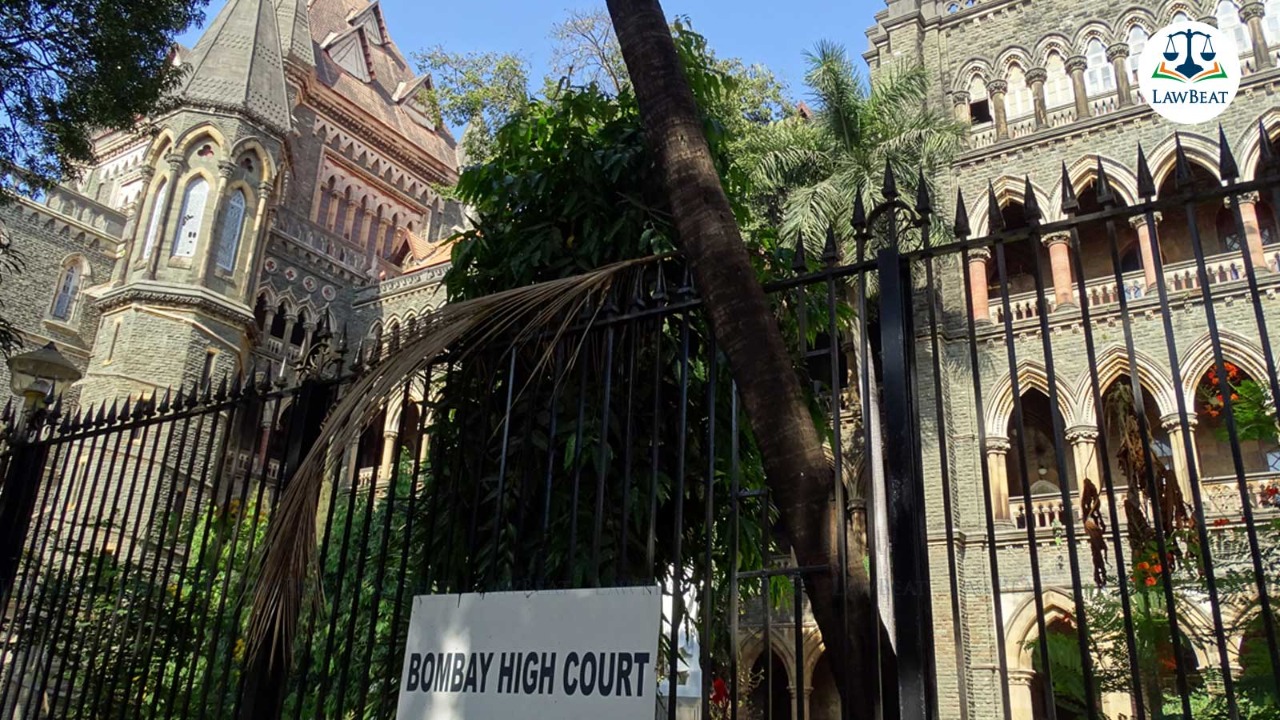Bombay High Court Allows Felling of 350 Mangrove Trees For Mumbai Vadodara Expressway

The high court while allowing the felling of mangrove trees said that it is an ambitious project of the government that will benefit the public at large.
A division bench of the Bombay High Court comprising Acting Chief Justice SV Gangapurwala and Justice Sandeep Marne has recently allowed the felling of the mangrove trees for the Mumbai Vadodara expressway while observing that it will benefit large sections of the population in Maharashtra, Gujrat and Union Territory of Daman, Dadra & Nagar Haveli.
The High Court was hearing a plea filed by the National Highways Authority of India which sought permission from the court for the execution of the Mumbai Vadodara Expressway Phase II construction.
The NHAI had obtained approval from the Maharashtra Coastal Zone Management Authority (MCZMA), the Ministry of Environment, Forest and Climate Change (MoEFCC), the Dahanu Taluka Environment Protection Authority (DTEPA), and the Maharashtra Pollution Control Board (MPCB).
However, the high court in 2018 had passed an order in a Public Interest Litigation that even if permission is granted by all authorities, the permission of the court would still be required.
Regarding the present matter, the high court observed that the authorities had already imposed conditions on NHAI which they must comply with. The order read,
“Various authorities have already imposed strict conditions on NHAI including that of afforestation while granting their respective permissions. NHAI will have to strictly comply with those conditions. This will ensure adherence to the principle of sustainable development.”
The bench also observed that Bharatmala Pariyojana was an umbrella program for highway sectors and said that,
“Bharatmala Pariyojana is a new umbrella program for the highways sector that focuses on optimizing efficiency of freight and passenger movement across the country by bridging critical infrastructure gaps through effective interventions like development of Economic Corridors, Inter Corridors and Feeder Routes, National Corridor Efficiency Improvement, Border and International connectivity roads, Coastal and Port connectivity roads and Green-field expressways.”
The High Court while allowing the felling of mangrove trees said that it will benefit the public at large. The order stated,
“It's an ambitious and mammoth project of Government of India, of which Delhi-Mumbai express way is a part. Vadodara-Mumbai greenfield expressway which forms part of Delhi-Mumbai expressway corridor will benefit large sections of population in Maharashtra, Gujrat and Union Territory of Daman, Dadra & Nagar Haveli.”
Case Title: National Highways Authority of India vs State of Maharashtra & Ors
